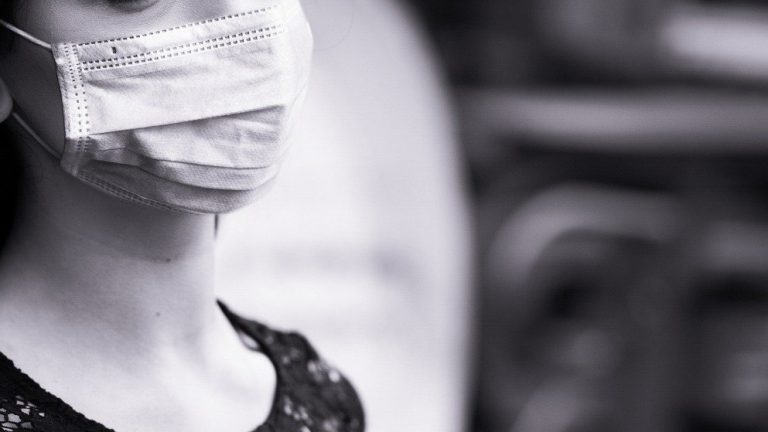Coronavirus vaccine would not be widely available in the US until late spring or summer of next year, the head of the Centers for Disease Control and Prevention (CDC), Dr. Robert Redfield, said during a Senate hearing on the government response to the pandemic on Wednesday.
According to him, the vaccine will be first available before the year-end, between November and December, in “very limited supply.” It will be offered first to the most vulnerable Americans, and supply will increase over time.
Redfield estimated that about 80 million Americans with comorbidities would be most likely vaccinated before the general public.
Dr. Bob Kadlec, assistant secretary for response department wit Health and Human Services, said that it could potentially take the US ”three to four weeks” to get a manufactured vaccine.
Kadlec noted that some of the ongoing vaccine clinical trials are set to be finished in October. Once completed, they will await regulatory approval by the Food and Drug Administration. Kadlec clarified that it is unclear how long the review and approval would take.
Dr. Redfield noted that as soon as a vaccine is available, it will take significant financial resources to distribute it nationwide. The CDC does not have such a budget, he noted. The recent GOP coronavirus response bill included USD 6 billion for distribution which, according to Redfield, was enough. The House’s USD 3 trillion HEROES Act did not mention anything about distribution, Dr. he said.
During the hearing, Sen. Jack Reed, D-R.I. heavily criticized Donald Trump for not wearing a face mask and holding public events where attendees do not wear them too.
Sen. Reed also asked witnesses if the President underestimates an essential measure that Americans can take to protect themselves. Dr. Redfield refused to elaborate on the remarks about Trump.
”Face masks are the most important, powerful public health tool we have,” Dr. Redfield highlighted. He strongly encouraged the Americans to keep covering their face to protect themselves and their loved ones.
The health director confirmed the agency has scientific evidence proving that masks work, and they are our best defense against the novel virus. In Dr. Redfield’s words, the face masks are more likely to protect us against the virus than the potential vaccine.
The immunogenicity could be 70%, he explained, saying that if we do not get an immune response, the vaccine will not help us. The mask would Dr. Redfield noted. He addressed the young Americans, the 18 to 25-year-old, urging them to be more responsible and wear masks.
What do you think? Do you agree or disagree with the Dr. Redfield’s statement that face masks are more efficient that the vaccine?
